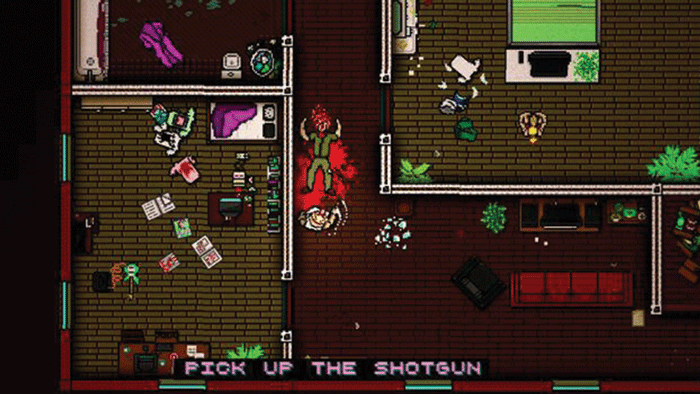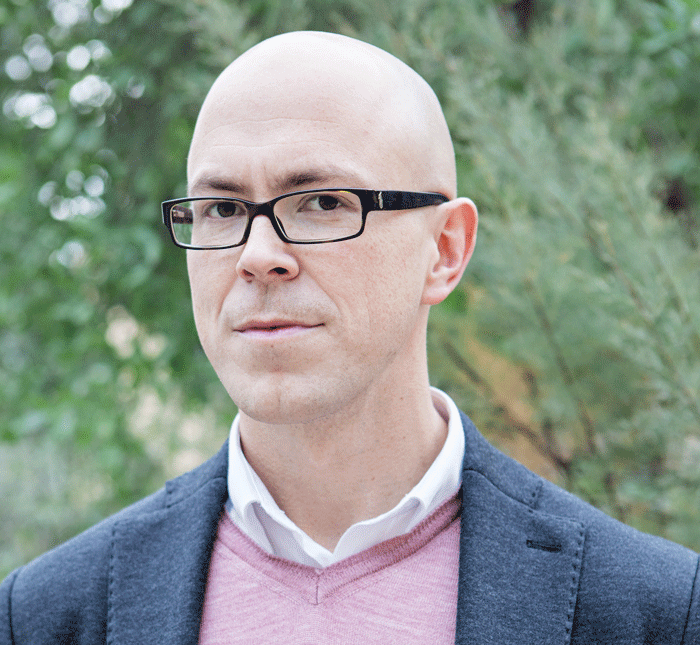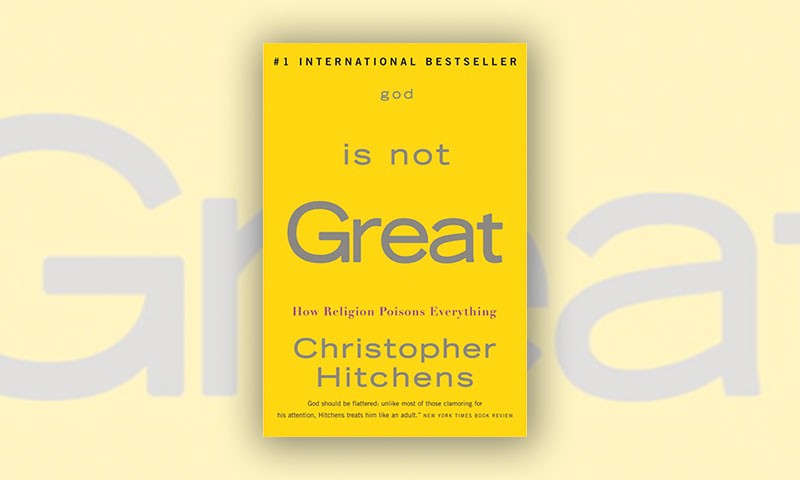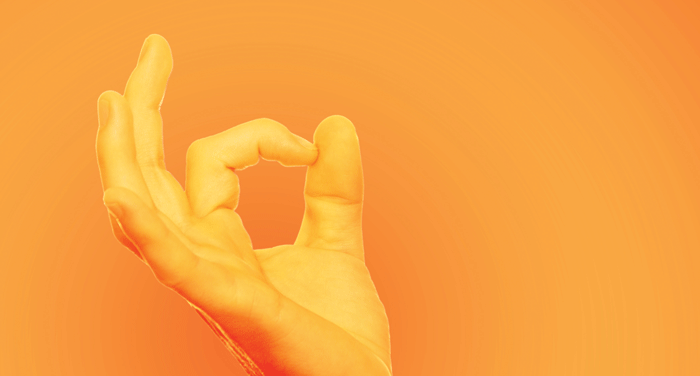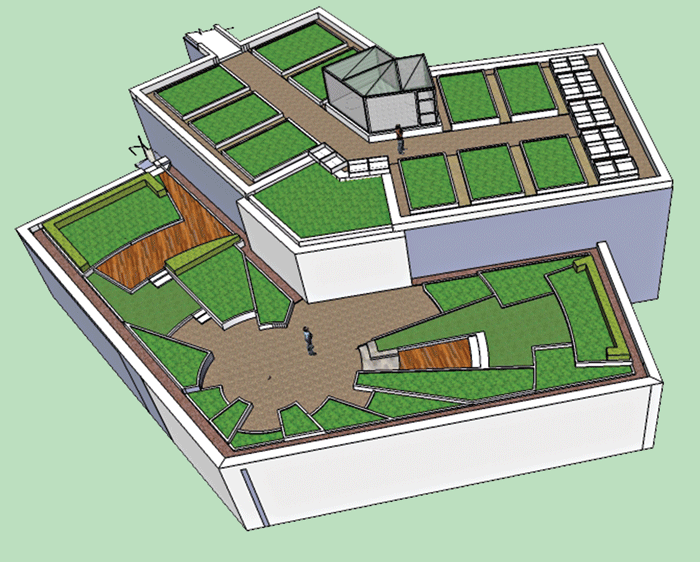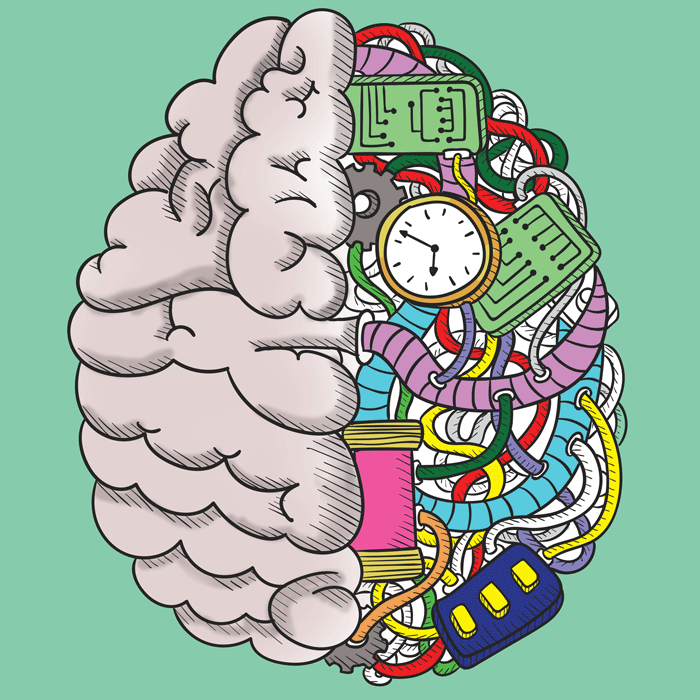Prof. Nikolai Attard was on the other end of the phone and was passionately describing what he had in mind. ‘A mobile dental clinic will be able to reach out to the community, schools, old people’s homes, village squares and we’ll be collecting epidemiological data on oral health which can then be fed into existing health data. At the same time we’ll be providing a free dental examination and advice to thousands of people, which they will then follow up with their personal dentist. This could be a first for Malta.’ Nikolai, Dean of the Faculty of Dental Surgery (University of Malta), is determined to expand the Faculty’s teaching activities and promote oral health.
Hotline miami 2: Wrong Number
Indie games have allowed a new generation of creative developers to experiment. Nostalgia is a leading trope: defunct genres are being resurrected, and the 8-bit aesthetic is a stylistic trademark. Adhering to this practice, the first episode of Hotline Miami chewed-up old-school arcade games and nineties ultraviolence, mixing it up with a contemporary, psychedelic audiovisual blend.
Hotline Miami 2 keeps all of that with a set of new mechanics: players can now shoot sideways, roll under enemy fire, and brandish katanas. The game’s greatest merit is to carefully balance unabashed mayhem with careful strategy. You will need to memorise patterns and act quickly at the right time. And then, do it again and again.
As a sequel, Hotline Miami 2 feels rather conventional. As expected, every part of the game has been expanded and the game mechanics have been completely exploited. Its narrative has been exhausted and lost sequential logic. It now serves as a backdrop for yet another suicide assault.
Hotline Miami 2 is undoubtedly a joy: a well-crafted, ultrafast ride, with a fantastic, inspired soundtrack. The game is designed to satisfy its fanbase. The struggle continues between innovation and conservatism.
Elective student stipends
My 100 word idea to change Malta
By Dr James Corby
The University of Malta is central to our knowledge economy, and yet it is chronically underfunded. The University performs well despite underfunding, so imagine the heights that could be scaled with more adequate support.
My idea? Scrap the scandalously outmoded stipends system. Instead, make student financial support entirely elective (students decide whether they want support); money is then given to students as an interest-free loan, which they only start to repay once they have graduated and are earning more than a minimum threshold salary. The money saved would be directed into research, postgraduate and postdoctoral initiatives, and infrastructure and technology.
God is Not Great, How Religion Poisons Everything
Book Review by Dr Jurgen Gatt
Please accept my apologies for reviewing a well-known book by a renowned, and late, atheist almost ten years after publication. My reasons for doing so are threefold. Firstly, the book and author have both lost some of their notoriety with younger students. Secondly, the book should appeal to both to humanities and science students and will, with luck, generate conversation across disciplines. And finally, the book is brilliantly written, cleverly argued, and deserves to be read particularly after the dust of the New-Atheist movement has started (perhaps) to settle.Continue reading
Writing Maltese Sign language
Dr Maria Galea writes about her journey into the world of Maltese Sign Language and bringing a logical framework to the written form of the language. This work has the potential to empower the approximately 400 deaf people in Malta.
MALTA – Stockholm Syndrome (or why we love the British)
Between 1798 and 1800, Malta changed hands twice. The feudal Knights were easily replaced by Napoleonic France, whom the Maltese initially welcomed, then revolted against a mere 82 days later ushering in the British Empire. ‘Why?’ is a mystery lost in the history books that gloss over the period demonising Napoleon while exalting the British who ruled Malta as a colony till independence in 1964. The Editor met Dr Charles Xuereb to find out.
Continue readingBetween 1798 and 1800, Malta changed hands twice. The feudal Knights were easily replaced by Napoleonic France, whom the Maltese initially welcomed, then revolted against a mere 82 days later ushering in the British Empire. ‘Why?’ is a mystery lost in the history books that gloss over the period demonising Napoleon while exalting the British who ruled Malta as a colony till independence in 1964. The Editor met Dr Charles Xuereb to find out.
Continue reading


